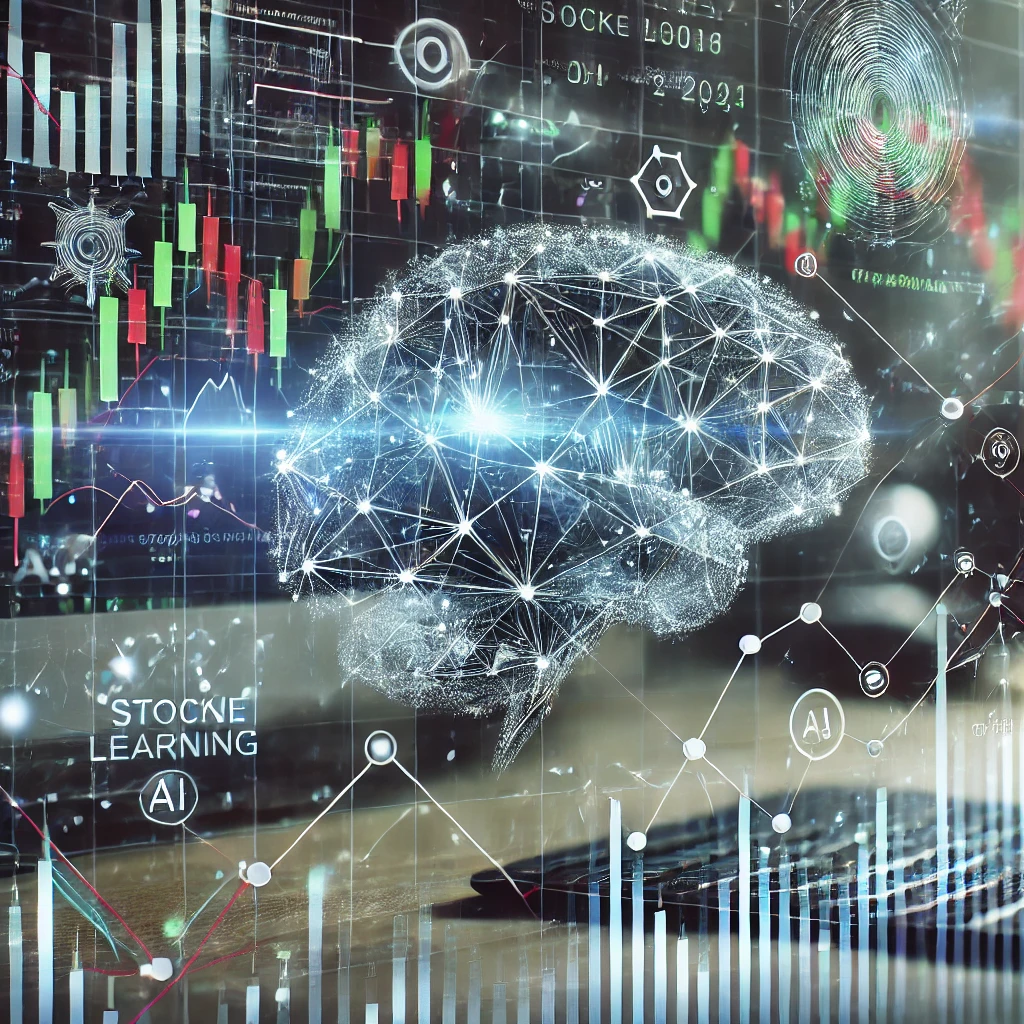Machine Learning in Stock Predictions

Introduction to Machine Learning in Stock Market Predictions
Machine learning has become a game-changer for stock market predictions, offering a more systematic and data-driven approach than traditional methods. With the rapid growth of data, machine learning algorithms analyze and make predictions based on large volumes of historical and real-time financial data. This revolution enables traders and investors to make more informed decisions and anticipate market fluctuations.
How Machine Learning Works in Stock Trading
Machine learning utilizes various models, including supervised and unsupervised learning, to predict stock market behavior. These models analyze stock prices, trading volumes, economic indicators, and news sentiment. By recognizing hidden patterns, the algorithms can forecast future trends and provide recommendations to traders.
Some common machine learning models used in stock market predictions include:
-
Regression Models:
Useful for predicting future stock prices based on historical trends. -
Time Series Analysis:
Tracks stock performance over time to make informed predictions. -
Sentiment Analysis:
Analyzes social media and news sentiment to gauge market direction. -
Neural Networks:
Detect intricate relationships within data, leading to highly accurate predictions.
Advantages of Machine Learning in Stock Market Predictions
Machine learning offers several benefits for stock market forecasting:
-
Data-Driven Insights:
Machine learning processes and learns from vast datasets, offering deeper insights. -
Automation:
Trading algorithms automate decision-making processes, allowing traders to act quickly. -
Pattern Recognition:
Algorithms can identify hidden trends and correlations missed by traditional methods. -
Risk Management:
Machine learning can simulate potential market scenarios, helping investors mitigate risks.
Challenges in Applying Machine Learning to Stock Markets
Despite the numerous benefits, challenges still exist in applying machine learning to stock market predictions:
-
Data Quality:
Reliable predictions require high-quality, real-time data. Noise in the data can lead to inaccuracies. -
Market Volatility:
Sudden market fluctuations can confuse machine learning algorithms. -
Overfitting:
Sometimes, models can become too specialized for particular datasets, reducing their effectiveness.
Future of AI and Machine Learning in Stock Trading
As AI continues to evolve, the use of machine learning in stock trading will become more sophisticated. Financial institutions are already using AI to create predictive models and enhance trading strategies. With advancements in deep learning and the integration of big data, machine learning can shape the future of global stock markets.
Machine learning is transforming how the stock market operates, providing investors with a competitive edge through data-driven predictions. Though there are still hurdles to overcome, the benefits far outweigh the challenges. As AI technology continues to improve, its application in stock trading will become even more prevalent, leading to more accurate predictions and improved investment strategies.
Visit our other website :master3dp.com




